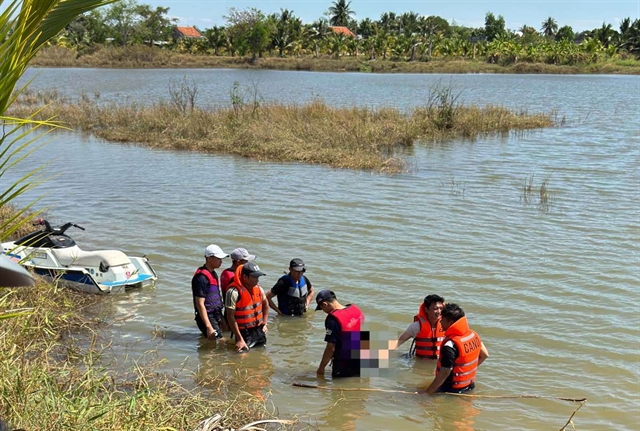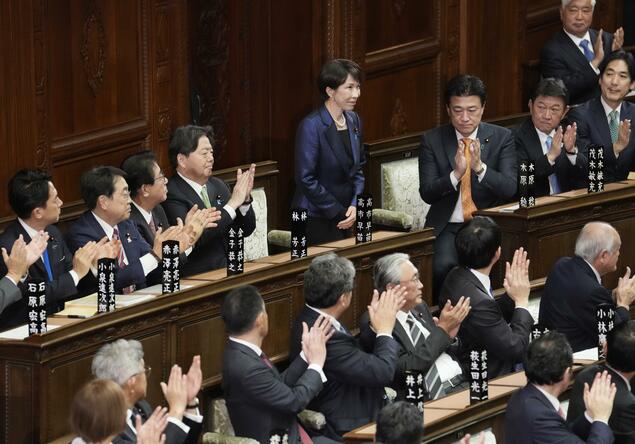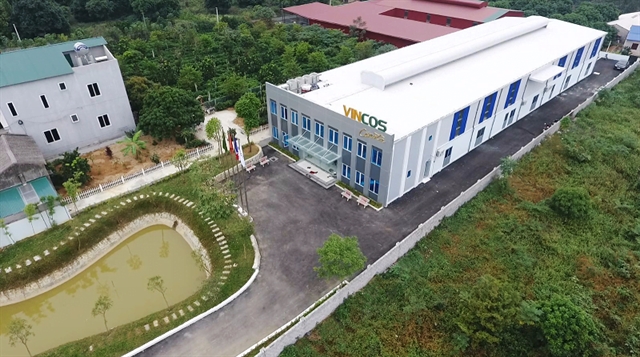 Society
Society

Deputy Prime Minister Vương Đình Huệ yesterday said poverty reduction policies should not be too excessive because that would eliminate people’s motivation to improve their lives. Instead, these policies should build up people’s will, he said.
 |
| Workers making wooden crafts at Hiệp Thắng Co-operative in Từ Sơn Township, Bắc Ninh Province. The co-operative received a loan from the Việt Nam Bank for Social Policies. Deputy Prime Minister Vương ĐÌnh Huệ said there should be policies to back additional commercial credit to support poverty reduction programmes with attractive interest rates and incentives. — VNA/VNS Photo Trần Việt |
HÀ NỘI — Deputy Prime Minister Vương Đình Huệ yesterday said poverty reduction policies should not be too excessive because that would eliminate people’s motivation to improve their lives. Instead, these policies should build up people’s will, he said.
Huệ spoke at a meeting of the Central Steering Committee for Sustainable Poverty Reduction yesterday in Hà Nội to review their activities in the first six months of the year.
He praised the committee’s past performance and asked for the speeding up of projects to achieve sustainable poverty reduction goals. Huệ also emphasised the need to combine poverty reduction policies with socio-economic development and security policies.
“It’s necessary to continue to review programmes, reduce paperwork and make recommendations to the Government. We should uphold our role of assisting those who are determined to escape poverty for a better life and promote role models,” he said.
Huệ stressed the need to integrate programmes and reduce the amount of documents required, while adding that there should be policies to support additional commercial credit to support these programmes with attractive interest rates, incentives and more convenient procedures.
According to the report by the Ministry of Labour, Invalids and Social Affairs (MOLISA), ministries have been actively reviewing, amending and supplementing policies and a poverty reduction roadmap. MOLISA Deputy Minister Nguyễn Trọng Đàm said effective policies on health, education, housing, credit incentives and support for the development of production would continue to be priorities for the resources deployed.
According to the multidimensional poverty approach, preliminary results of localities showed that the poverty and near-poverty rates are 9.88 and 5.22 per cent, respectively.
In the first six months of the year, the State budget allocated VNĐ6.8 trillion to buy health insurance cards for the poor, farmers, and households working in forestry, fishery and agriculture with low incomes. About VNĐ4 trillion was also allocated to exempt poor students from tuition fees and award scholarships to minority students.
According to Deputy Minister of Finance Vũ Thị Mai, the transition from single- to multi-dimensional poverty approach would increase the number of poor households. The finance ministry, thus, is reviewing and making calculations to plan the allocation of resources for localities.
The Central Steering Committee for Sustainable Poverty Reduction will review its six-month performance in August and devise the national target programme for sustainable poverty reduction in the next five years. — VNS




